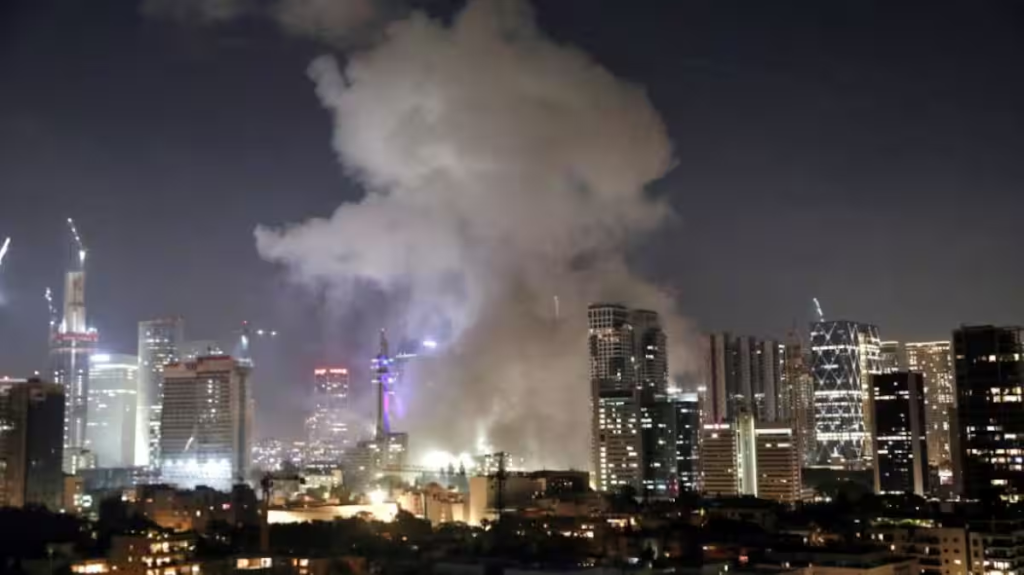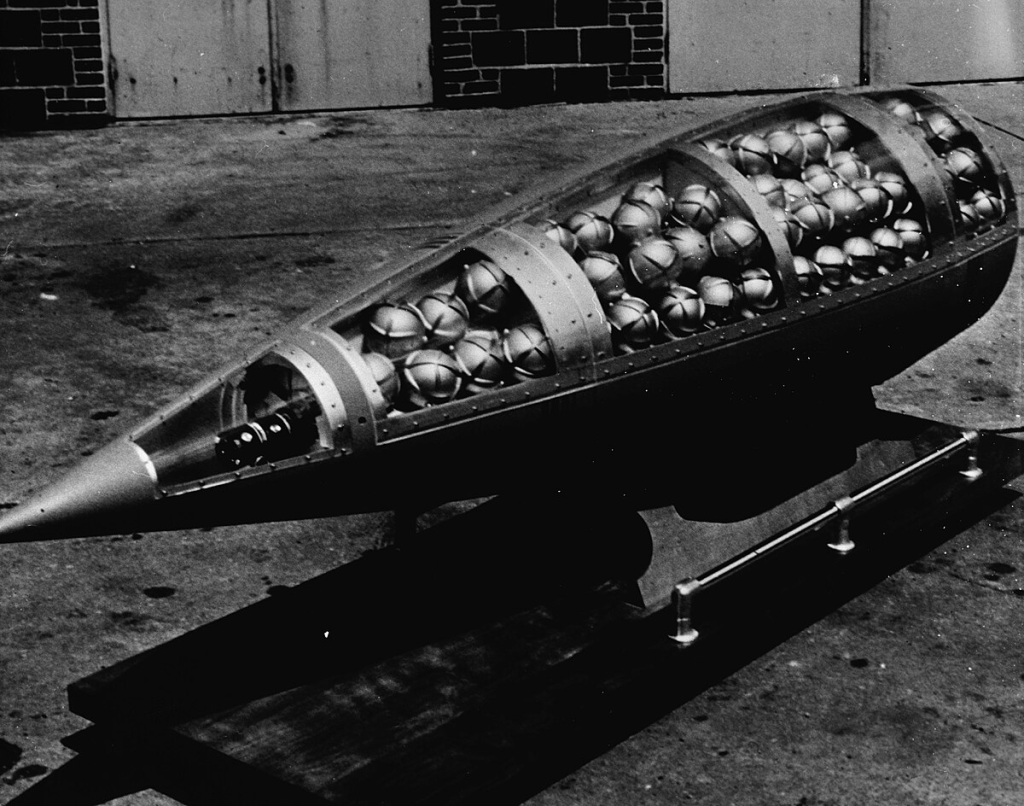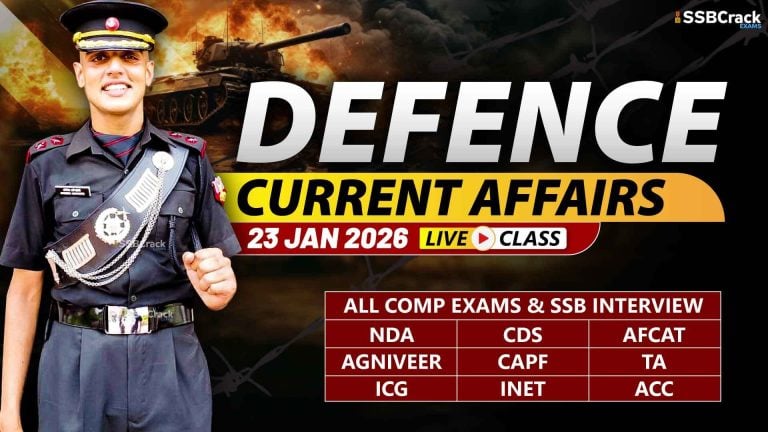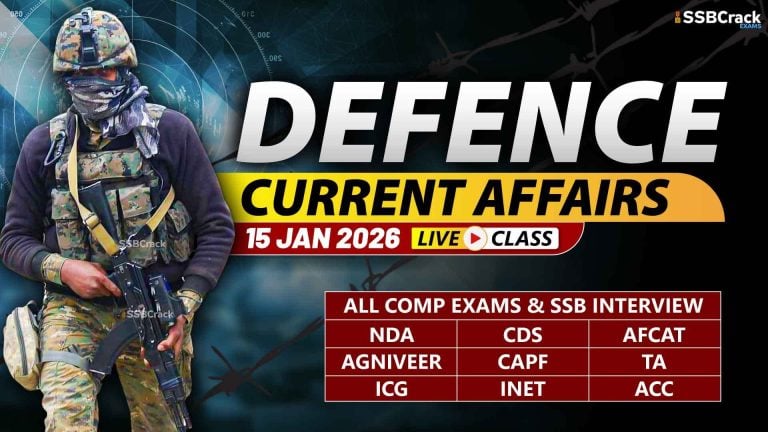Iran’s reported use of a cluster bomb during a missile strike on Israel has raised concerns over the nature and dangers of these weapons.
Iran Fires Cluster Bomb-Bearing Missiles At Israel
Iran’s Use of Cluster Bombs in Missile Attack on Israel Raises Global Concern
A missile attack launched by Iran towards Israel on June 19, 2025, has sparked significant international alarm due to the confirmed use of cluster bomb munitions, which are widely condemned for their potential to inflict long-term harm on civilians. The Israel Defense Forces (IDF) reported that at least one missile fired in the attack carried a cluster bomb warhead, marking the first reported instance of such weaponry being used in the current conflict between the two nations.
What Are Cluster Bombs?
Cluster bombs are explosive weapons that release dozens or even hundreds of smaller submunitions over a wide area. Unlike traditional missiles that explode in one location, a cluster bomb detonates mid-air, scattering its contents across a broad radius. These submunitions, also called bomblets, are not guided and fall freely, intended to explode on impact.
In the case of the June 19 attack, Israeli military sources stated that the cluster bomb warhead exploded at approximately seven kilometres above the ground, dispersing around 20 submunitions across an eight-kilometre radius in central Israel.
Why Are Cluster Bombs Controversial?
Cluster bombs are highly controversial due to their indiscriminate impact and the lingering danger of unexploded ordnance. Many submunitions fail to detonate immediately, leaving them dangerously active on the ground. This creates a long-term threat to civilians, especially in populated or urban areas, where residents may inadvertently come into contact with these hidden dangers.
Impact of the June 19 Missile Attack
One of the bomblets from Iran’s missile hit a residential home in the central Israeli town of Azor, causing material damage. Fortunately, no casualties were reported. In response, the Israeli Home Front Command issued a safety advisory, warning residents not to touch any unidentified objects and to immediately contact emergency services if they come across suspicious debris.
How Do Cluster Bombs Differ From Traditional Missiles?
Standard ballistic missiles are designed to explode in a single, focused detonation. In contrast, cluster munitions are tailored to spread destruction across a larger area. Though each submunition is individually less powerful, the overall impact of a cluster bomb can be more devastating in populated zones, affecting civilians, infrastructure, and homes.
A senior Israeli military official noted that the use of such weapons poses a broader threat compared to Iran’s typical ballistic missile warheads.
Are Cluster Bombs Banned Internationally?
Yes, under the 2008 Convention on Cluster Munitions, the use, stockpiling, transfer, and production of cluster bombs is prohibited. This international treaty has been signed by 111 countries and 12 additional entities. However, key military powers like Iran, Israel, the United States, and Russia have refused to sign the agreement.
Notably, in 2023, the United States controversially supplied cluster munitions to Ukraine, citing the country’s need to counter Russian forces — a move that drew sharp criticism from human rights groups. Ukraine has accused Russia of also employing cluster munitions during their ongoing conflict.
Conclusion
The use of cluster bombs in the Iran-Israel conflict highlights the continuing humanitarian risks posed by these banned munitions. As major powers continue to bypass international treaties, the safety of civilians in conflict zones remains in jeopardy, reigniting the global debate over the ethics and legality of such warfare.










